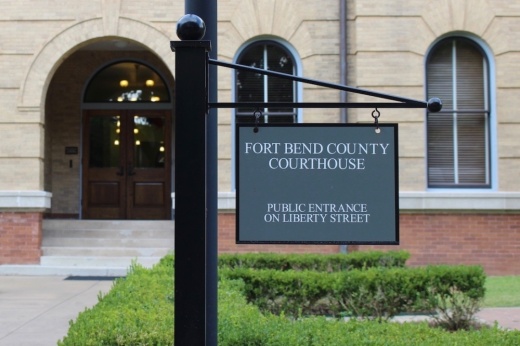The $1.9 trillion American Rescue Plan Act was signed into law in March. According to the Texas Association of Counties, counties can use the funds for several purposes, including responding to the public health emergency and its negative economic effects by providing assistance to households, small businesses, nonprofits or industries hit particularly hard by the pandemic.
Counties must spend the funds by Dec. 31, 2024. Fort Bend County commissioners first approved a preliminary budget for allocation of the $157.42 million the county received in May.
Precinct 2 Commissioner Grady Prestage, who referred to himself as principal architect of the budget, said at the June 22 meeting the budget amendment reflected a more accurate plan for how the county anticipates spending the funding that was approved in May. However, the budget is a changing document, he said, and will likely be amended further.
During the court's discussion, Precinct 3 Commissioner Andy Meyers said he was concerned several items on the budget don’t qualify for funding, including $6.2 million earmarked for EMS facility projects. In addition, he said he didn’t understand or agree with how some of the money was allocated, including $16 million designated for the county’s health and human services department.
“There's not a lot of detail behind some of these numbers—they more or less look like plug numbers,” he said.
Prestage, however, said he disagreed, saying it is vital the county build its public health infrastructure before for the next pandemic hits.
“I want to make sure that we have the epidemiologists that we need, the data analysts that we need, all those kind of things ... $16 million out of $157 million spent for public health, for money that was primarily given for the pandemic, is fair,” he said.
Meyers also said he took issue with the amount of funding allocated for businesses. More than $30 million in funding is earmarked for economic recovery, according to the budget, including $25 million designated for a business grant program, and $500,000 designated for a small business consulting program.
“A lot of businesses unfortunately were forced out of business as a result of lockdown, and we have a lot of people who are unemployed. ... We should be the ones trying to help them get back into business, frankly,” he said.
On that topic, Meyers said he has proposed a program—which would exist in conjunction with another entity's Small Business Administration loan program—that would assist businesses affected during the pandemic.
Prestage explained that the budget amendment—which the court ultimately approved—doesn't make any allocation of funds final, since individual items will come before the court later on for approval before money is spent. He encouraged the court to approve the budget amendment so it can move forward with updated numbers from what was approved in May, and asked Meyers to flesh out the details of his proposed program and share more information about it at a future meeting.
Further, County Auditor Ed Sturdivant confirmed that the court can amend the budget in the case any proposed items do not qualify for funding.
“This court is steering this ship,” Sturdivant said. “You have a tremendous responsibility for the proper utilization of these funds, we're all working to help you make that happen.”





